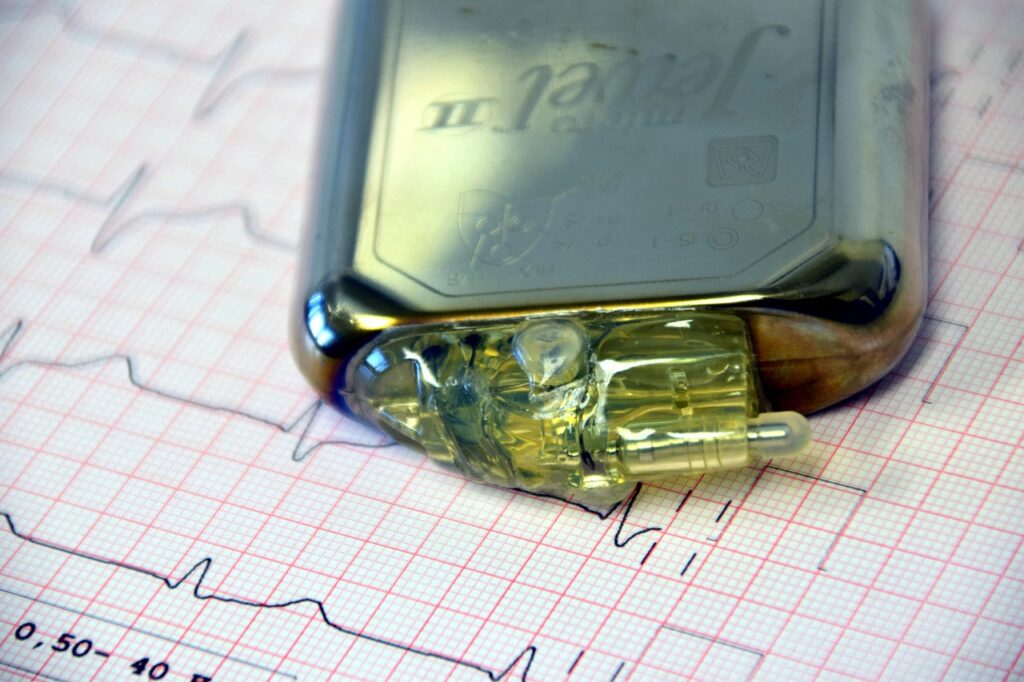Will a pacemaker affect my car insurance?
No, having a pacemaker will not directly affect your car insurance. What matters most to insurers is your driving record, not your medical devices.
Can You Drive With a Pacemaker?
Yes. Most people can safely resume driving about a week after implantation, once cleared by their doctor. As long as you’re not experiencing dizziness, fainting, or other symptoms that could impair driving, you’re considered safe to drive.
Do You Need to Tell the DMV or Insurance Company?
In some states, you may be required to report medical conditions that could affect your ability to drive. This is more about safety and legal compliance than insurance rates.
You should also notify your car insurance provider — not because it affects your premium, but to ensure full transparency and policy validity.
What Really Impacts Your Car Insurance Premiums?
Driving record (tickets, accidents)
Age and location
Vehicle type
Credit score (in most states)
Coverage level and deductibles
A pacemaker doesn’t fall into any of these rating categories.
When Can a Pacemaker Indirectly Affect Rates?
If your medical condition causes a driving incident — like an accident caused by fainting — that incident will impact your record and insurance costs. But the device itself is not the issue; the outcome is.
FAQ: Pacemakers and Car Insurance
Q: Will my premium go up if I get a pacemaker?
A: No, not unless you’re involved in an accident or develop symptoms that make you an unsafe driver.
Q: Do I have to report a pacemaker to my insurer?
A: It’s not legally required, but it’s a good idea for transparency.
Q: Can I legally drive after getting a pacemaker?
A: Yes, once cleared by your doctor — usually within a week of the procedure.
Q: Could my policy be canceled because of a pacemaker?
A: No. As long as you’re medically cleared to drive, your policy remains valid.
A pacemaker won’t raise your insurance rate — but safe driving always matters.
👉 Let Toby Hansen Agency compare nearly 100 insurance carriers to find you the best coverage at the lowest price.
➡️ Fill out the free quote form below to get started today.
Get a free quote today and drive with confidence!
Related Posts
Get a Right Insurance For You
SHARE THIS ARTICLE


Auto Insurance Quote
Send the request and we will quote multiple markets to get you the best coverage and price.
We will compare quotes from trusted carriers for you and provide you with the best offer.
Protecting your future with us
Whatever your needs, give us a call, have you been told you can’t insure your risk, been turned down, or simply unhappy with your current insurance? Since 1995 we’ve been providing coverage to our customers, and helping people across United States.













